The Real Reasons Your Hair Isn’t Growing (It’s Not Genetics)
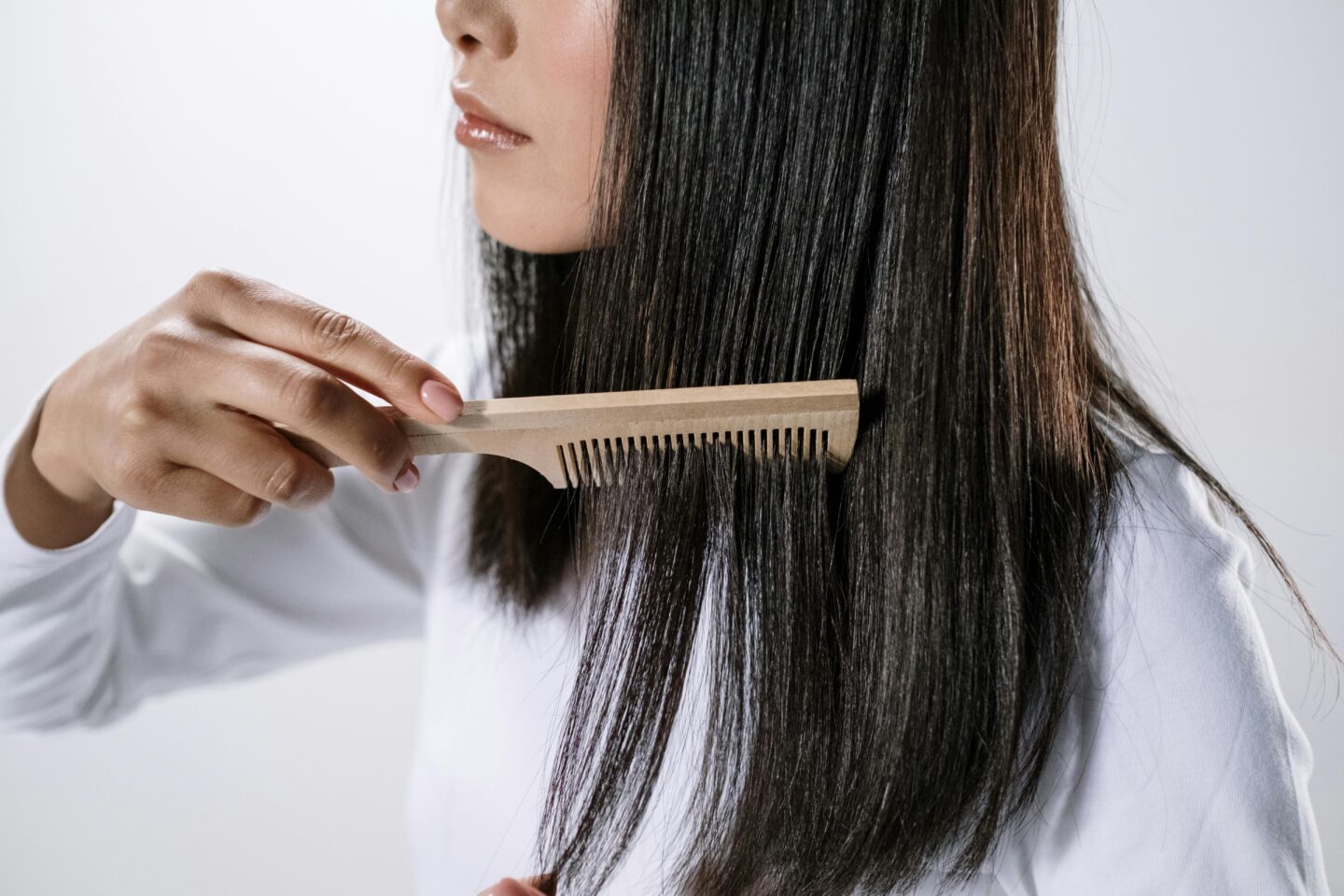
Struggling to achieve longer hair? Genetics isn’t always the only factor. For optimal hair growth, your hair needs vitamins and other nutrients to thrive. Taking care of your scalp is just as important as paying attention to what’s happening inside your body. Here are 4 possible reasons why your hair may not be growing.
1. Heat Damage
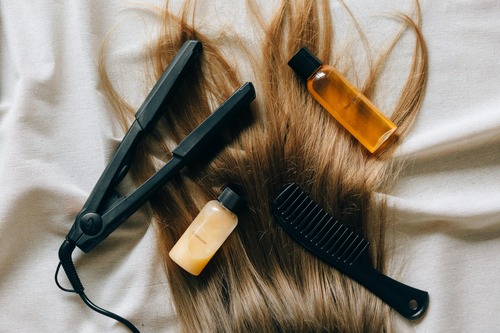
Tempted to straighten your hair to tame the frizz or curl it for a special occasion? You might want to think twice. Excessive heat, especially above 140°C, can alter the hair cuticle’s appearance, which is the outer layer of the hair shaft. This damage makes your hair more likely to have split ends and continuous breakage, hindering its growth potential.
How do we avoid this?

Here are our top tips to avoid heat-damaged hair:
- Opt for heatless hairstyles like braids and loose buns
- If you want to curl your hair, consider using flexi rods or hair rollers to let your hair naturally form curls without heat
- When using heat, always apply a high-quality heat protectant evenly throughout the hair
2. Untreated Scalp Conditions
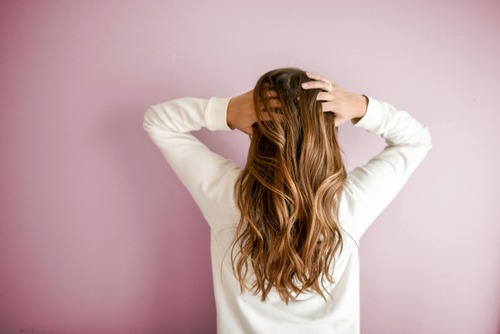
Scalp conditions such as dandruff and seborrheic dermatitis can result in itchiness and flakiness on the scalp. These conditions can lead to scalp inflammation, sensitivity, and oxidative stress caused by free radicals, which can damage skin cells. These factors may harm hair follicles, potentially leading to hair thinning and abnormal growth.
Prevention is key!

To prevent these conditions from affecting hair growth, consider using targeted scalp treatments such as shampoos containing zinc pyrithione or prescription treatments to alleviate any scalp discomfort.
3. Nutritional Deficiencies

Vitamin deficiencies, including low levels of vitamin D and B12, are associated with hair loss. These vitamins help stimulate the hair follicles to grow hair.
Consult with a professional
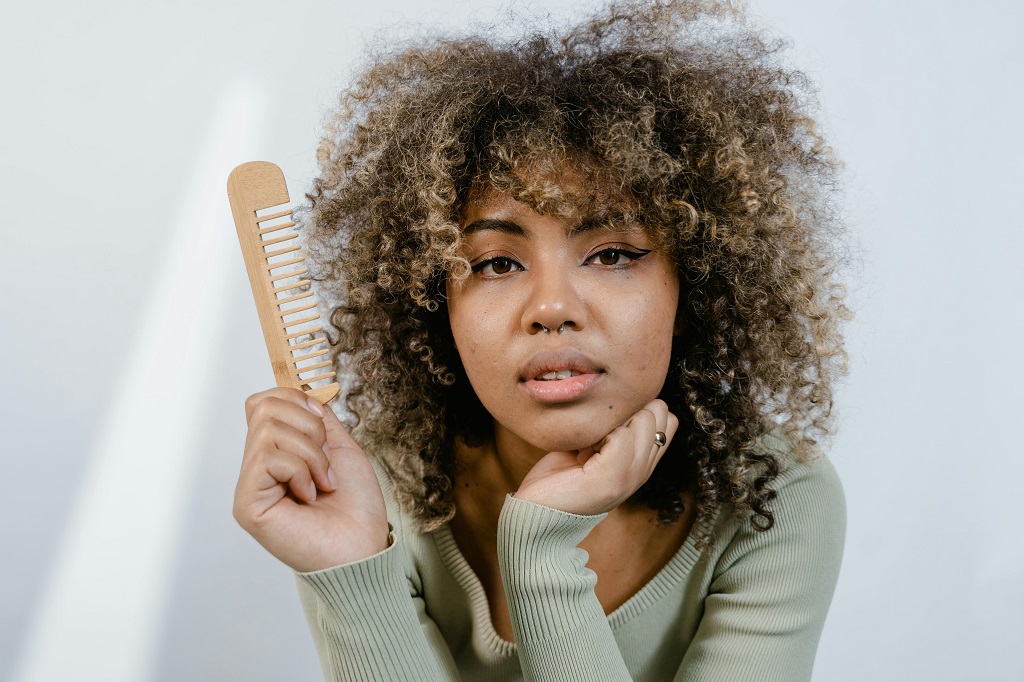
If you’re noticing hair issues, it might be worth checking with a medical professional to ensure you get enough of these nutrients. A balanced diet with plenty of whole foods and vegetables can help keep your hair looking its best.
4. Hormonal Imbalances
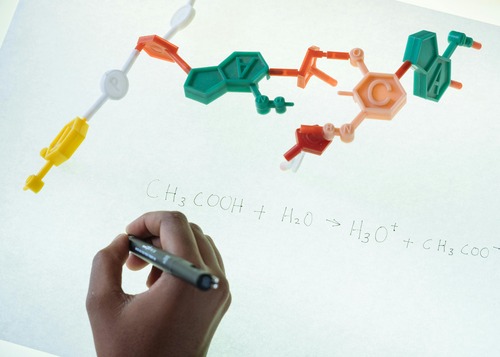
Hair growth involves multiple stages that require various androgen hormones, including testosterone, which binds to cell structures during hair follicle development. Unfortunately, an excess amount of testosterone can result in hair loss and the slowing of hair growth.
Here are some notes
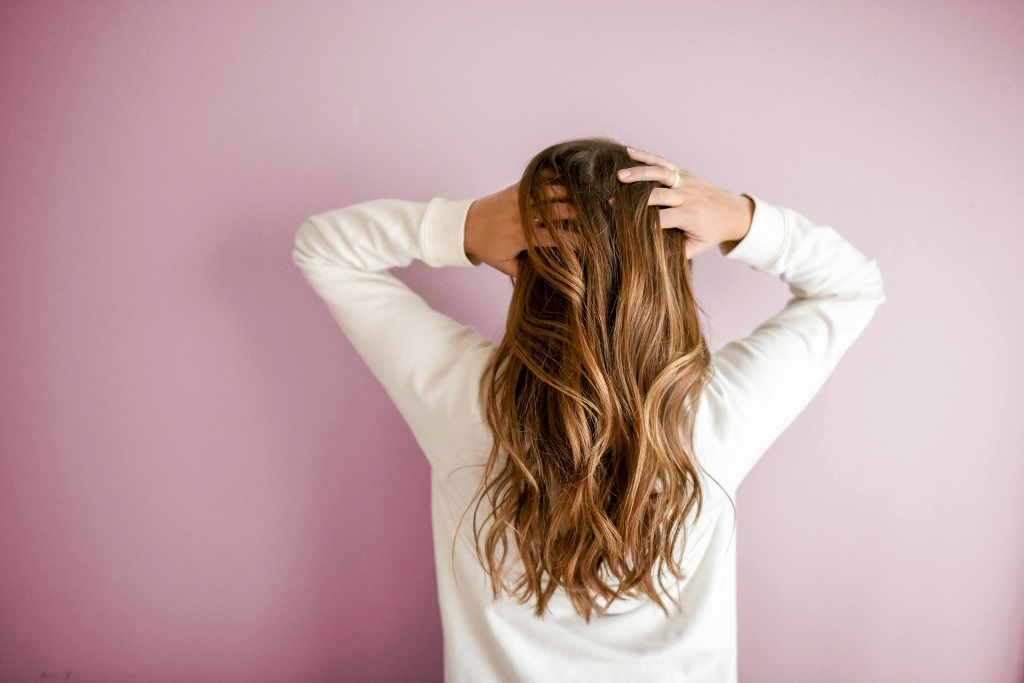
Factors contributing to excess androgens include:
- Polycystic ovary syndrome (PCOS) in women, which leads to the overproduction of androgens by the ovaries
- Elevated cortisol levels due to stress, impacting hormone production
- Thyroid issues disrupting hormone balance
Findings may vary…

Always consult a healthcare professional to identify any underlying conditions causing hair loss or lack of hair growth. Many lifestyle modifications and topical treatments can help stimulate hair growth despite these conditions.
